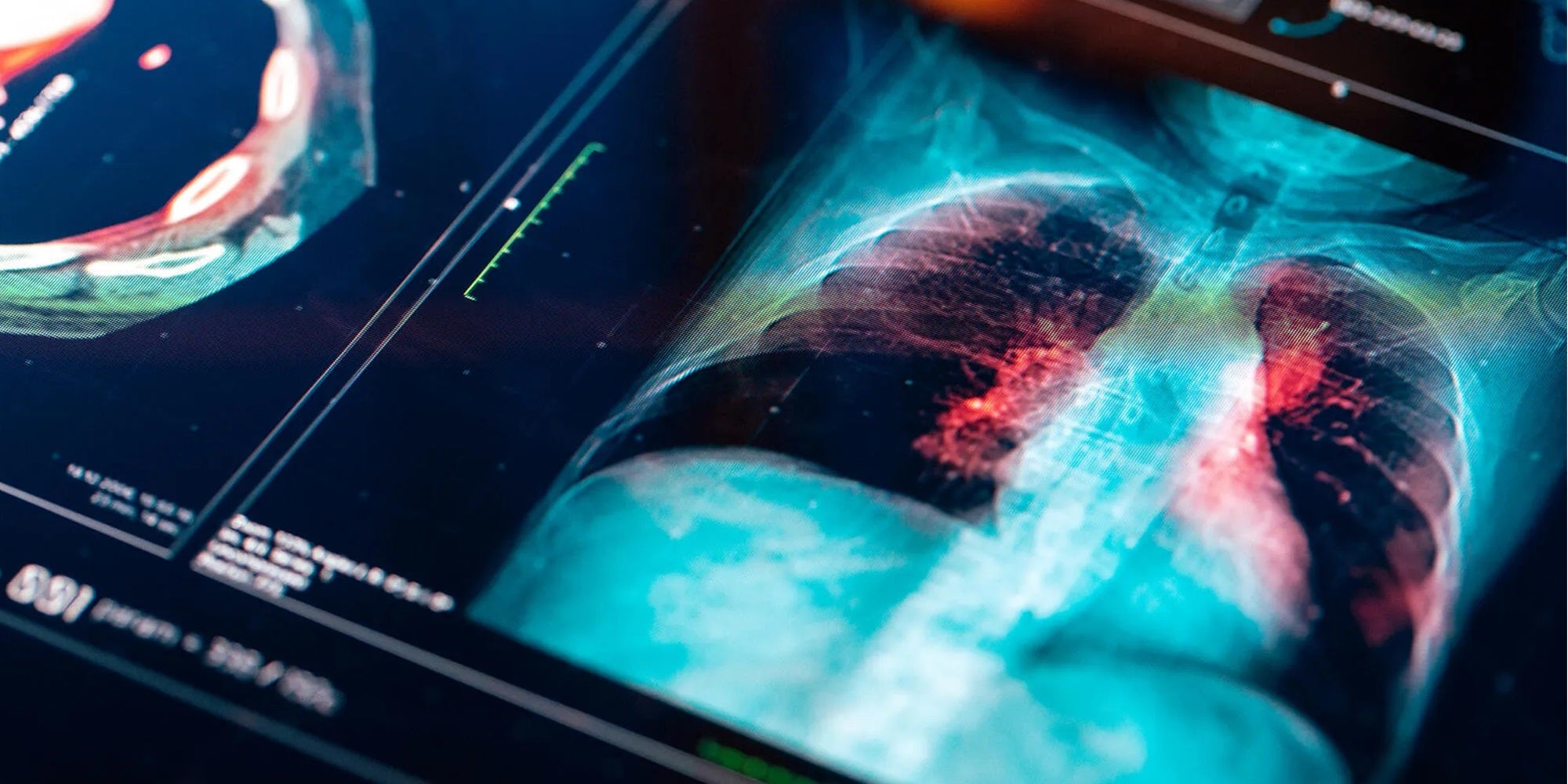Lung Cancer
Understanding Your Lung Cancer Risk Factors
Are you wondering what might increase your risk of developing lung cancer? Some risk factors can be managed or reduced, while others are beyond your control. Knowing where you stand is the first step toward protecting your health.
Key Risk Factors for Lung Cancer
- Smoking: The leading cause of lung cancer. The more you smoke—and the longer you’ve smoked—the greater your risk. But there’s good news: quitting at any age significantly reduces your risk.
- Secondhand Smoke Exposure: Even if you don’t smoke, regular exposure to secondhand smoke can increase your risk of lung cancer.
- Previous Chest Radiation: If you’ve had radiation therapy to the chest for another cancer, your risk of lung cancer may be higher.
- Radon Gas Exposure: Radon is a naturally occurring gas that can build up in homes and buildings. Long-term exposure to high levels can increase your risk.
- Exposure to Carcinogens: Workplace or environmental exposure to substances like asbestos, arsenic, chromium, and nickel can raise your risk—especially if you also smoke.
- Family History: Having a close relative (parent, sibling, or child) with lung cancer may increase your risk.
Recognizing Lung Cancer Symptoms
Lung cancer often doesn’t cause symptoms in its early stages. As it progresses, you may notice:
- A persistent, unexplained cough
- Coughing up blood
- Shortness of breath
- Chest pain
- Hoarseness
- Unexplained weight loss
- Bone pain
- Frequent headaches
If you’re experiencing any of these symptoms, talk to your primary care provider.
Should You Get a Lung Cancer Screening?
The U.S. Preventive Services Task Force recommends annual low-dose CT scans for individuals at high risk. You may qualify if you:
- Are between 50 and 80 years old
- Have no symptoms of lung cancer
- Have a 20 pack-year smoking history
- Currently smoke or quit within the last 15 years
How to Get Screened
Before scheduling a lung cancer screening, you must first meet with your primary care provider for a shared decision-making appointment. During this visit, your provider will review your risk factors and determine if a low-dose CT scan is right for you.
Ready to Take the Next Step?
- Already have a primary care provider? – Call their office to schedule a shared decision-making appointment.
- Need a provider? – Call (208) 367-DOCS to establish care with one of our conveniently located primary care providers across the Treasure Valley.
- Prefer to schedule online? – Find a primary care provider and schedule online
Support for Your Quit Smoking Journey
Whether it’s your first attempt or your fifth, we’re here to help you quit smoking for good. Our compassionate smoking cessation specialists offer personalized support, tools, and encouragement every step of the way.
Your health and well-being are our top priority.

